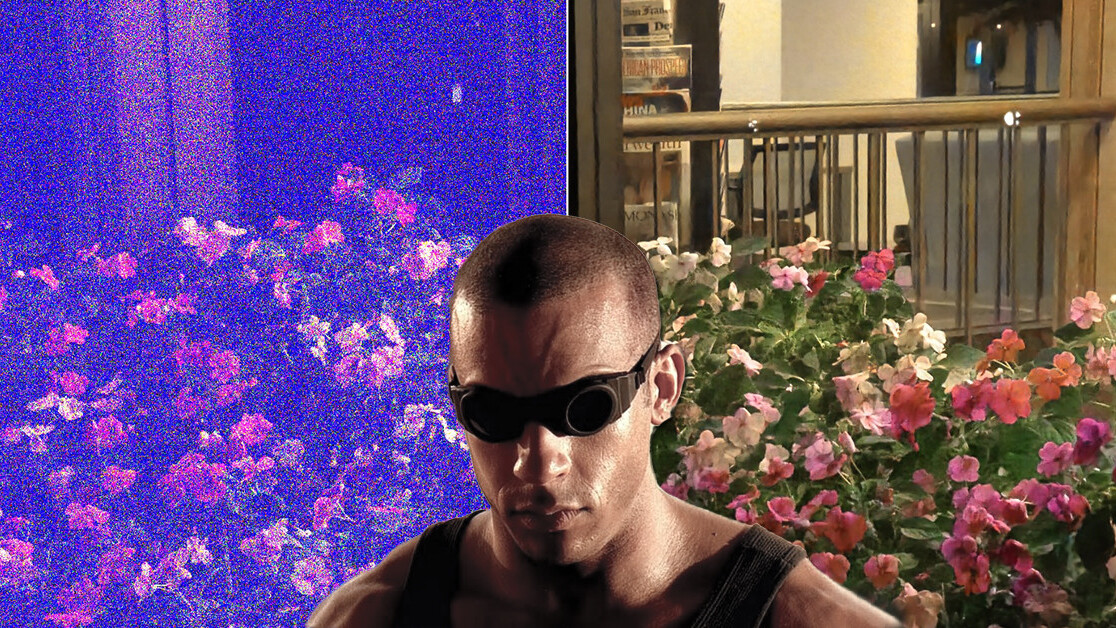
A team of researchers from Intel and the University of Illinois at Urbana-Champaign recently developed a neural network that performs incredible post-processing enhancements on extreme low-light photographs. The AI takes images which appear pitch black or full of noise and makes them look bright, clean, and colorful.
How it’s done: The researchers created the See-in-the-Dark (SID) data set, a group of 5,094 short-exposure images in RAW format, and fed it to a deep learning system. They then trained the AI to compare the information contained in the low-light images to corresponding photographs taken at longer exposure. The results are pretty amazing:
Why it matters: Real-time extreme low-light image processing could become a reality. Photographers can already take pretty good extreme low-light images, but it requires a tripod and long exposure times. Current camera technology is impractical for extreme low-light photography in all but optimum conditions, and entirely unsuited for devices like night-vision goggles.
But with further development this AI could, theoretically, be optimized to provide real-time image processing capable of augmenting any camera or optics system. If we toss in some Army AI, it’s easy to imagine the development of a headset device designed to allow humans to see perfectly in the dark and perform facial recognition through walls.
The Next Web’s 2018 conference is almost here, and it’ll be ??. Find out all about our tracks here.
Get the TNW newsletter
Get the most important tech news in your inbox each week.





